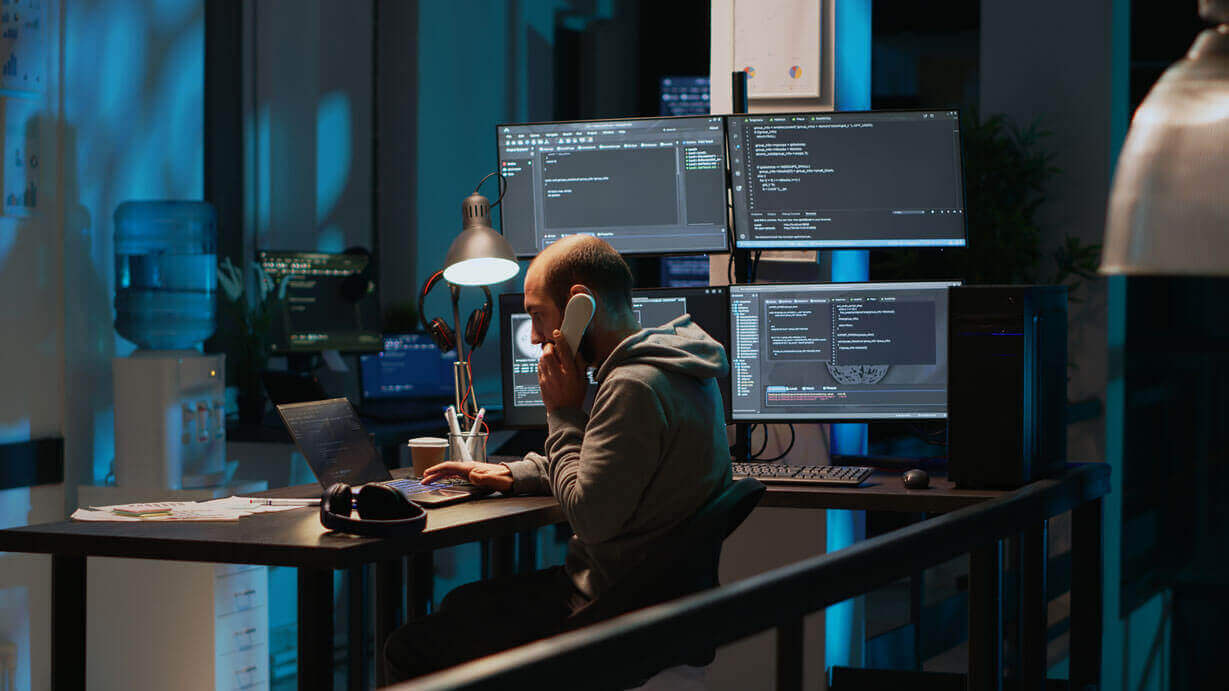
CCTV Camera Installation Rules in India: What You Need to Know
CCTV cameras have become a common sight across Indian cities—whether in homes, residential societies, or workplaces. They provide an important layer of protection against theft, trespassing, and security concerns. However, many people are unaware that there are rules and legal guidelines that must be followed while installing CCTV cameras in India.
This guide explains the CCTV rules for society and the CCTV rules for CCTV camera installation at home in India, so you can set up surveillance responsibly without crossing legal or privacy boundaries.
Why Rules for CCTV Are Important
While CCTV cameras improve security, they also have the potential to capture private activities. To ensure that surveillance is not misused or turned into a tool for harassment, India has certain guidelines that balance safety with privacy rights.
These rules are designed to:
-
Protect residents and neighbors from unauthorized monitoring.
-
Ensure data is stored and used responsibly.
-
Create transparency in how cameras are installed and operated.
CCTV Rules for Societies in India
Most housing societies install CCTV cameras to keep an eye on common areas. But societies need to follow certain standards:
-
Cameras in Common Spaces Only
Devices can be fixed at entry/exit gates, lifts, lobbies, staircases, and parking zones. Pointing them at private flats, balconies, or individual windows is not allowed. -
Approval from Members
Installation decisions should ideally be taken during a society meeting so residents are aware and agree. -
Visible Notice Boards
Societies must put up signs stating “CCTV surveillance in progress” at entrances. This ensures transparency. -
Limited Access to Recordings
Only authorized people like the management committee or security agency should have access. Random sharing of footage is prohibited. -
Data Retention Policy
Recordings are generally kept for 15–30 days before being overwritten, unless required for legal or police investigations. -
No Audio Recording
Capturing video is acceptable, but audio recording in shared spaces may be treated as a privacy violation.
CCTV Rules for Home Installation in India
If you are planning to install cameras inside or outside your home, you should follow these points:
-
Respect Neighbor’s Privacy
The camera angle should not intrude into your neighbor’s house, balcony, or private space. -
Inform Household Staff and Visitors
If cameras are placed in areas where domestic workers or guests move around, it is polite and legally safer to inform them. -
Avoid Private Zones
Bedrooms and bathrooms are completely off-limits for CCTV installation. Recording in such areas is illegal. -
Cybersecurity Precautions
For Wi-Fi enabled cameras, secure your network with strong passwords to avoid hacking or misuse of footage. -
Check Local Guidelines
Some city police departments issue specific advisories for home surveillance. It is wise to confirm with local authorities before setting up.
Legal View on CCTV in India
Although India does not have a single law dedicated only to CCTV, several existing laws apply:
-
Right to Privacy under Article 21 of the Constitution – cameras cannot be used in ways that violate personal dignity and privacy.
-
Information Technology Act, 2000 – addresses misuse or unauthorized sharing of digital footage.
-
Indian Penal Code (IPC) – applies in cases of voyeurism, harassment, or using cameras with wrongful intent.
-
Local Police Rules – in many metro cities, societies and shops must comply with surveillance guidelines issued by police authorities.
Consequences of Breaking CCTV Rules
If the rules are not followed, homeowners or societies may face:
-
Complaints and legal notices from affected residents.
-
Instructions from authorities to reposition or remove cameras.
-
Criminal charges in case of deliberate spying or harassment.
Best Practices for Responsible CCTV Installation
-
Place cameras only where security is a genuine concern.
-
Put up signs declaring surveillance is active.
-
Keep access to video storage restricted.
-
Delete recordings after a certain period unless needed for investigation.
-
Never use CCTV to intrude into personal matters.
Final Thoughts
CCTV cameras are essential for safety, but their use must always balance security with privacy. By following the CCTV rules for society and the CCTV rules for CCTV camera installation at home in India, you can avoid conflicts, stay compliant with the law, and still keep your premises secure.
When installed responsibly, CCTV cameras rental become a valuable tool for community protection rather than a source of discomfort.
